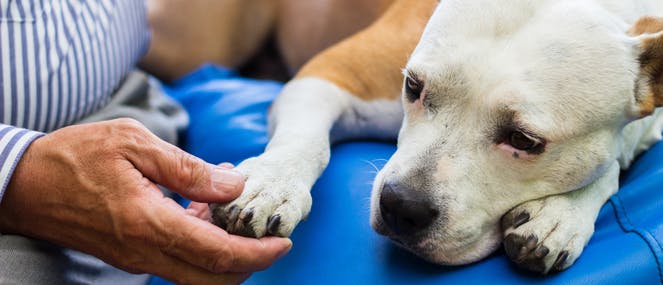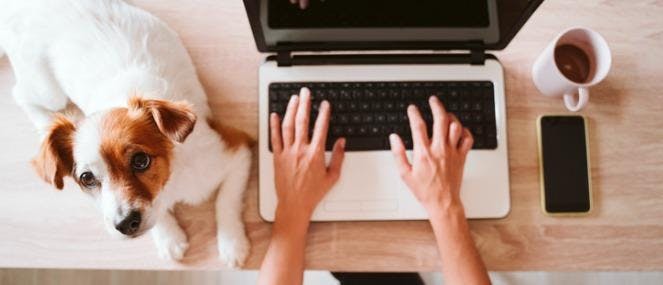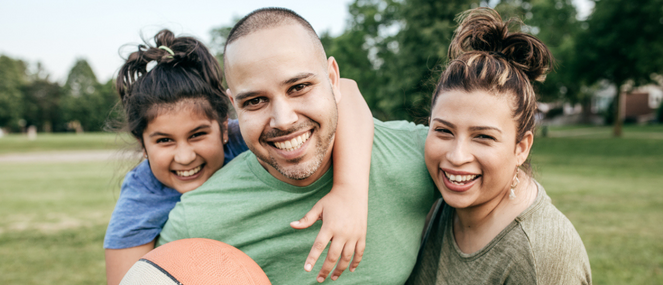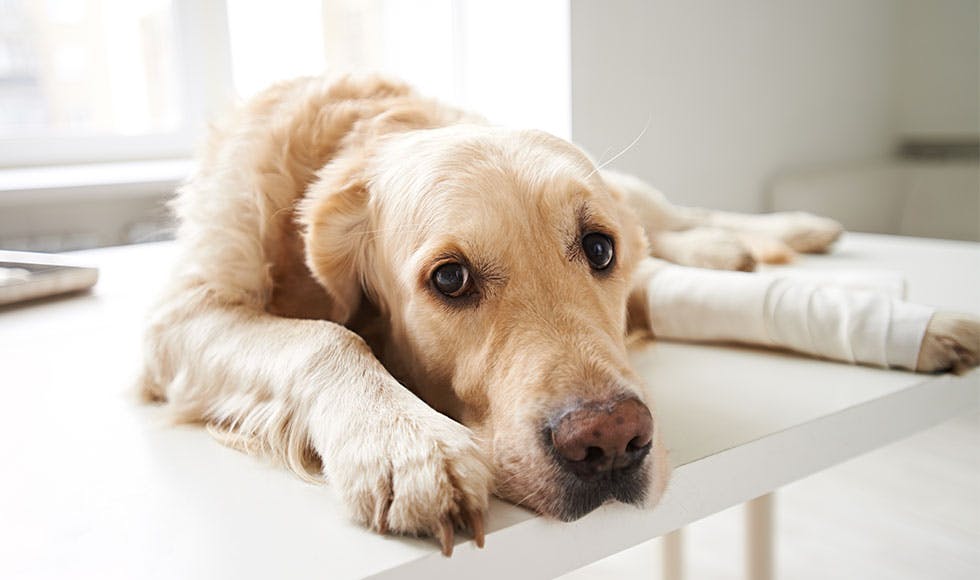
- A Guide To Perfect Your Pet's Health/
- Health and Vitality Products For Your Dog/
- From little puppies, big dogs grow
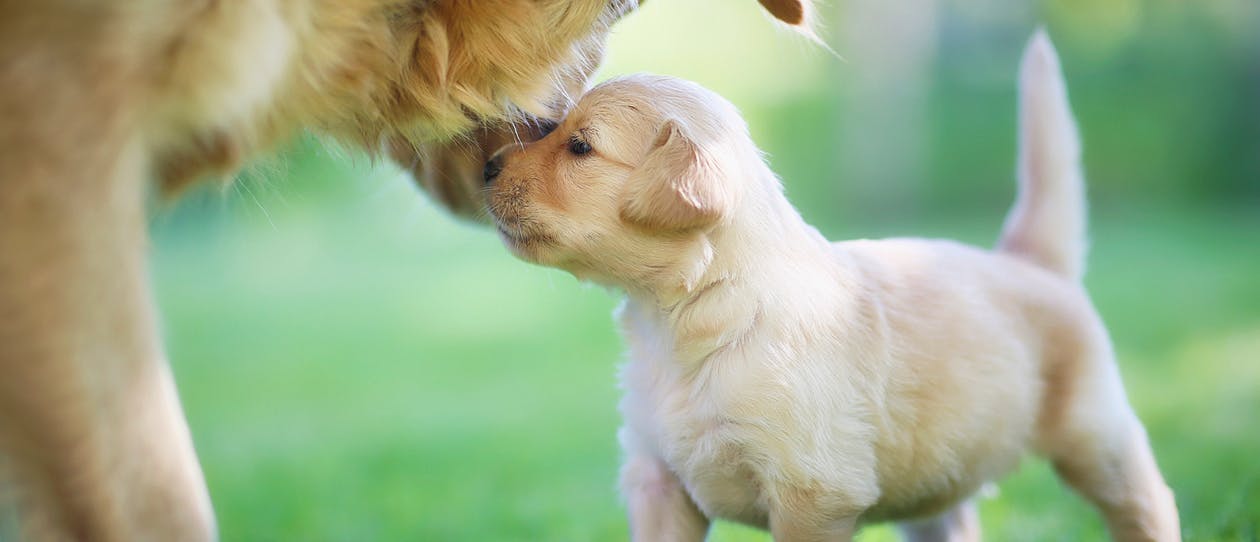

When they’re sleeping, puppies are at their cutest: those innocent, soft little faces snuggled into a blanket are irresistible. But when they’re awake, they’re on. And puppies – a bit like toddlers – can be destructive, defiant and downright naughty.
So it’s not a bad thing that they grow into adult dogs. In fact, puppies are really only puppies – at least in the physical sense – for about the first year of their lives.
Things change: their temperament, activity levels and appearance (especially coat texture and colour) evolve as they grow. And while we're less likely to remark on their “cute” factor, a well-trained adult dog is a calm, loving presence.
When you're choosing a puppy, you need to ask yourself what kind of dog you want to live with. After all, you will have a puppy for 12 months, but you'll have a dog for another 10 to 15 years after that. It’s also important to remember that behaviour that we might tolerate in puppies isn't always so charming when they're dogs.
So how do you ensure that your puppy grows into a wonderful canine companion for life?
Know what you're signing up for
If you want an idea of what your puppy might look (and behave) like in the future, meeting mum and dad provides a good indication. If this isn’t possible, you may be able to meet fully grown dogs from previous litters. Alternatively, check out what adult dogs of the same breed look like and how they behave.
Start training early
If you don't train your puppy, your puppy will train you. Puppy preschool is a fantastic start, but often behaviours like jumping and biting kick in during the “teens”, when puppies are more than four months old. During this period, puppies will challenge authority. The more time you spend on training, the better behaved your adult dog will be. Obedience classes are a fabulous investment, and tend to wear excitable puppies out so everyone gets to sleep!
Stick to a puppy bathroom routine
Toilet training takes time, but dogs learn quickly. If they're routinely given a toilet break first thing in the morning, immediately after each meal and before bed, they quickly learn when the next opportunity is coming. It isn't uncommon for the odd accident to occur, but don't throw your arms up in the air. You might need to add another toilet break to your routine for a little while.
Teething is temporary
Puppies do go through a distinct oral phase, during which time just about anything that can be chewed or mouthed is fair game – including hands and feet. Redirecting this attention to chew toys, even if you need to purchase a selection, and refusing to be a human chew toy, will see you through this challenging phase.
Socialise puppies from an early age
Puppy preschool, puppy playdates and socialising your puppy with well-behaved, fully vaccinated dogs (under supervision) is essential. Structured socialisation helps puppies learn excellent manners, so they grow into good canine citizens.

